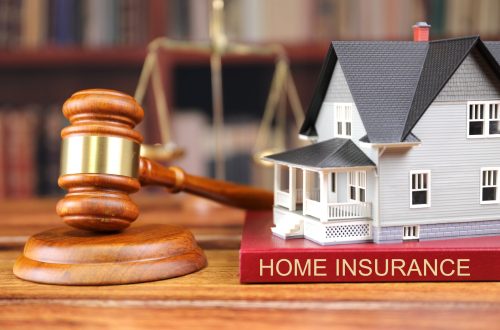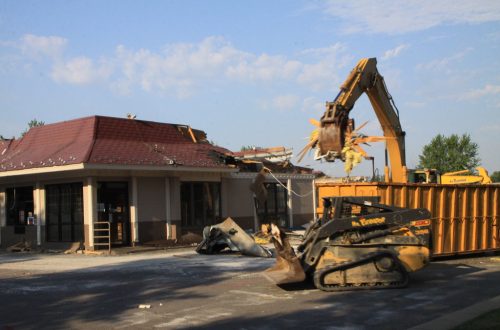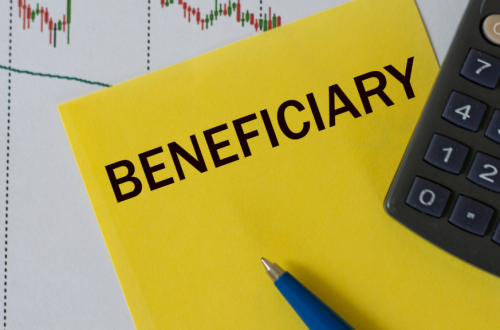The holiday of Thanksgiving can be a great time, with friends, family and food. This is especially true after the COVID-19 shut down in previous years, which caused many plans to fall through. Turkey day is not without its risks. Six tips to help you reduce your risk of an accident on Thanksgiving Day and avoid filing an insurance claim.
1. Do not leave the oven or stove unattended.
Do not let your guests interrupt you when you are cooking. According to the National Fire Protection Association, Thanksgiving is one of the most dangerous days for cooking fires.
- Turn off your burner immediately and cover any pans or pots with a lid. This will smother flames.
- Avoid throwing water or flour onto stovetop fires. It could ignite the flames or cause them to spread. Use baking soda instead.
- Close the oven door if you notice a fire in the oven. Open the door of the oven to feed the fire.
- A kitchen extinguisher should be within reach. (class K is highly recommended to ensure maximum firefighting safety).
- When you can’t fight the fire yourself, it is best to leave your house and choose safety. It’s best to wait for the firefighters outside and call 911 in all cases but minor ones. It’s possible to replace possessions, but not lives.
2. Apply sound principles of food safety.
You don’t want food poisoning to be the Thanksgiving tradition that your friends and family remember. To protect loved ones against foodborne illness, wash your hands frequently while you are cooking and handling ingredients correctly.
- When handling raw meat, wash and disinfect cutting boards and utensils. Separate raw food to avoid cross contamination.
- Do not reuse marinades that contain meat for sauces without boiling them first.
- For your turkey, use a reliable thermometer. Department of Agriculture recommends that 165°F is the minimum temperature for safe cooking. It will take longer for a stuffed bird to cook than if it were unstuffed.
- Keep an eye out for any leftovers. Put them in the refrigerator as soon as possible to stop the spread of bacteria that could be dangerous.
- To prevent cross contamination and dripping, store uncooked meat at the bottom of the shelf.
- Keep an eye on the USDA recommended temperatures for hot and cold storage of food.
- According to Food Allergy Research and Education, nearly 32 million Americans suffer from food allergies. 200,000 are hospitalized every year due to a reaction. You should ask your guests about allergies and adjust your preparations accordingly.
3. Your pets and your guests are safe.

Pets can become stressed and anxious by the chaos that is a holiday home. You can be legally responsible if you injure a visitor at your house. Even normally calm dogs may bite if they feel anxious. Dog bites that are serious can lead to medical treatment and even lawsuits. These costs could be covered by a homeowner’s claim.
- Make sure that they are able to retreat into a place where they feel safe, like a guest room. Also, make sure there is enough water and food for them.
- Avoid feeding your pet the feast on Thanksgiving. Animals have a hard time digesting “people food” and chicken bones are a choking hazard. Some desserts contain poisonous ingredients for pets. Dogs shouldn’t eat chocolate.
- Call your local veterinarian or emergency clinic if you suspect your pet has consumed something that it shouldn’t. You can call Animal Poison Control by dialing 888-426 4435.
4. Don’t overserve alcohol.
Cocktails are often served at Thanksgiving celebrations with friends and family. The victim of an drunken driver can sue their host for social host liability (state laws vary). You may be held responsible for any alcohol-related accidents that happen during your Thanksgiving party or afterwards.
- Stop serving alcohol at the end of your gathering.
- Offer your guests rideshare gift cards or taxis as an incentive to be a designated drivers. If you are unsure, invite your guests to stay or call for a ride. Driving while impaired can lead to accidents, fines and jail terms.
- You may want to consider purchasing host liquor insurance for your event. Liability policies for renters or homeowners will usually cover accidents, but alcohol-related liability may not be covered. Your insurance agent will be able to help.
5. Follow the pandemic guidelines.
COVID-19 is also a part of staying safe. You are responsible for your guests’ health and safety.
- You can check with your local and state public health department for restrictions on gathering.
- The Centers for Disease Control and Prevention offers guidelines for safer gathering.
- Make a list of your guests (considering things such as age, exposure to travel, immunization status, and health) and then make a plan for ensuring optimum safety.
- Make sure you consider the design of your house and any adjustments that may be needed (such as increasing ventilation, or having a party outside).
- Be sure to communicate your plans and rules with all your guests.
6. Do not announce your travel plans via social media.

Your social media updates are read by anyone. An invitation is sent to any would-be thieves when you announce your travel plans, or that you’re currently away from home.
- Social media is used by some burglars to find homes. No problem if you post your travels. Do it once you have safely returned to your home.
- Set your alarm to alert you to intruders, set lights to timers, and have the mail and newspaper held for you while away.
- It’s also a good idea to let your neighbors who you trust know that you will be returning so they can alert the police if there are any suspicious activities during your absence.
Thank you in a safe way
Why is Thanksgiving so popular? Thanksgiving is all about being thankful and re-evaluating what matters most. Enjoy your Thanksgiving with family and friends, no matter what you do!





